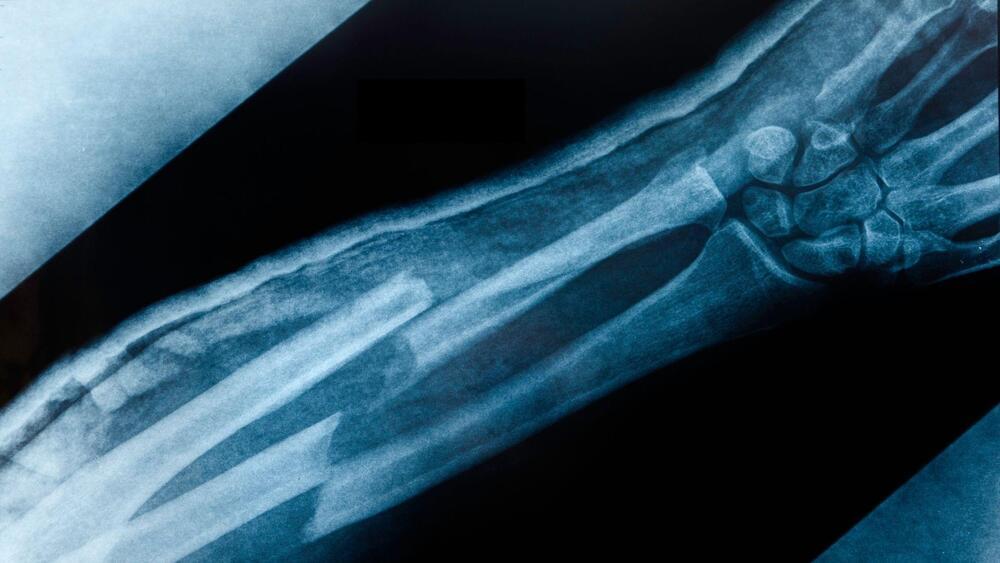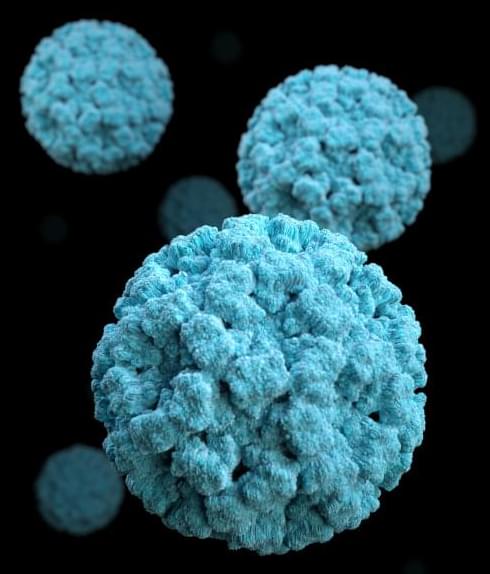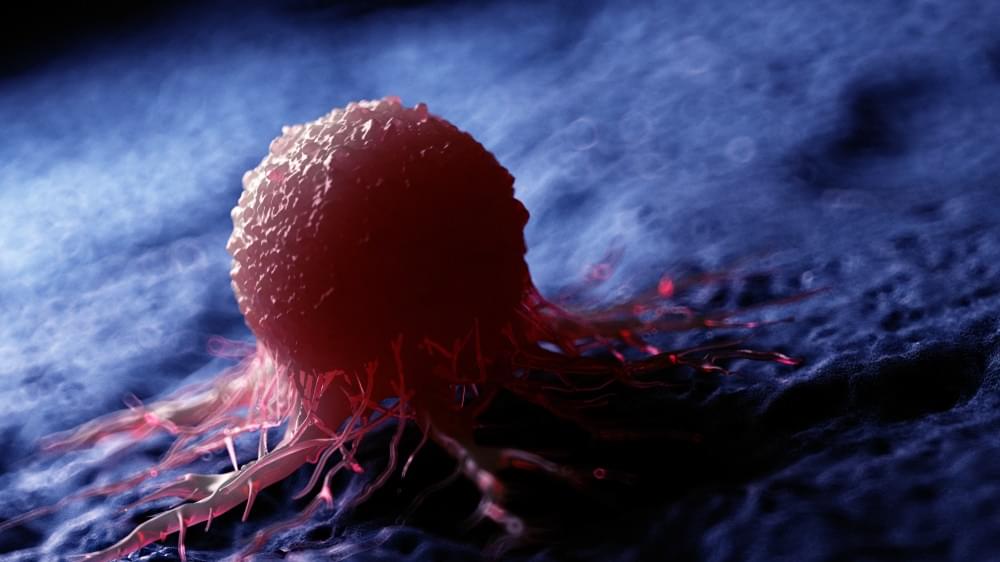Norovirus, a highly infectious virus that is the leading cause of diarrhea and vomiting in the U.S., has no approved therapeutics or vaccines to prevent its miserable effects. This is partly due to a lack of reliable animal models to study norovirus infection and predict how effective interventions would be in people. To solve this, NIAID scientists have developed an animal model to study human norovirus infection that could help facilitate the development of new vaccines and therapeutics to treat norovirus infection. Findings from this research were published Feb. 6 in Nature Microbiology.
Human norovirus causes illness in tens of millions of people in the U.S. each year and, in some cases, can result in hospitalization and even death. It is easily spread when people ingest foods, drinks or particles from surfaces contaminated by virus from the stool or vomit of an infected individual. Noroviruses are genetically diverse, with different genogroups—groups characterized by genetic similarity—of the virus infecting different species of animals. Several genogroups of noroviruses infect people without similarly infecting animals. This has led to difficulties in establishing an animal model for human norovirus infection.
Following up on earlier evidence that rhesus macaque monkeys could develop norovirus infections, a team of researchers led by scientists at NIAID’s Vaccine Research Center set out to determine whether macaques could serve as an effective animal model for the human disease. The macaques were challenged with several genotypes of human noroviruses at once. Throughout the experiment, the animals were kept in biocontainment, and their health and behavior were carefully monitored. Levels of virus in the animals’ stool were measured, and antibodies against norovirus in the animals’ blood serum were analyzed. The researchers found that the macaques were susceptible to viral infection with at least two genotypes of norovirus, with similar antibody responses, shedding of virus in stool, and pathology as in human norovirus infection. Notably, the infections in the animals did not result in clinical symptoms, such as diarrhea and vomiting.






